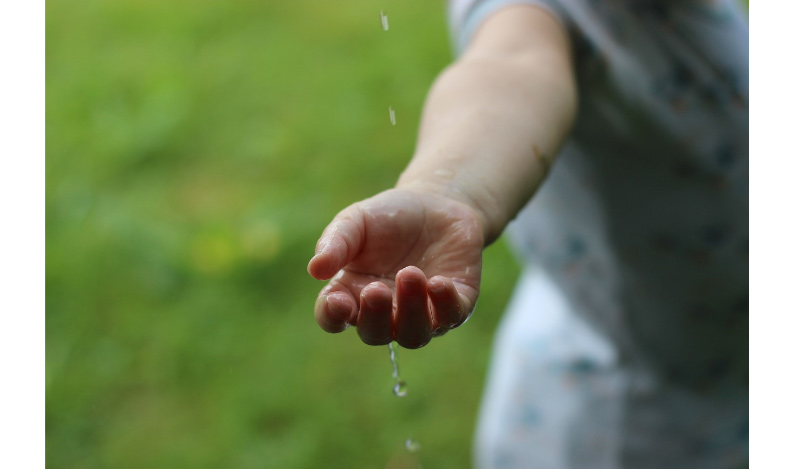Dissertation Corner: Deirdre Cournane

Here, we present a brief Q&A session with Deirdre Cournane , a recent alumna of our MSc in Pharmaceutical Business & Technology programme. In this interview, we’ll examine her dissertation in depth, uncover the motivations behind her selected topic, and welcome her insights to offer valuable guidance for aspiring MSc students!
Can you tell us a little about yourself?
I am from Ireland and I graduated with a Bachelor’s degree in Biochemistry from University College Cork (UCC) a few years ago, and since then have been working in GCP clinical trials in places like the UK, Australia, and Ireland. I have predominantly worked as a research scientist in validation of clinical trial bioassays, and more recently have been technical lead with project management oversight of these validation projects.
Why did you choose to study with Innopharma Education and Griifth College?
When I returned to Ireland from Australia, I decided to change from the Contract Research Organisation (CRO) sector which I had been working in for 10 years, and move into the pharmaceutical sector. I think that there are a lot more opportunities in Ireland in this sector and therefore I decided to upskill with a Masters in Pharmaceutical Business & Technology to increase my employability in this sector.
Can you provide a brief overview of your Dissertation?
My dissertation is on a topic which is very important to the pharmaceutical industry: Water! How pharmaceutical sites use water is rapidly changing due to impacts of global climate change, new legislative requirements, and the continuing pressures of faster production. The objectives of this dissertation was to evaluate how prepared the Irish pharmaceutical industry is for adoption of water sustainability practices and to identify the critical success factors which may be recommended for the industry.
What inspired you to choose this particular research topic for your thesis?
I was watching a Netflix TV show about a dystopian future where water is a super rare commodity and there are dry rivers, lakes, and even seas. This got me thinking of the likelihood of this happening in the next 50-100 years and of the impacts it would have for humanity. I wanted to choose a topic that was relevant to as many pharmaceutical sites as possible to increase my chances of networking with these sites in the future. All pharmaceutical sites use water to a certain capacity, so by combining the concept of water as a precious resource and the approach these sites take to water use, I hoped to be able to answer the research question of how prepared the sites are for the future of water use.
Did you encounter any challenges or obstacles during your research and, if so, how did you overcome them?
Identifying the relevant sites – and who to reach out to at the site – was a challenge, but not the biggest one. The biggest challenge was getting responses! Things like the tone and detail of your reach-out message and the time of year you are doing your research all impact the likelihood of a person responding. I overcame these challenges by adjusting my reach-out message as I went along, by being persistent with follow-up (but not annoying!), and by contacting as many relevant people from the same site as possible to increase the chance of a response. Also, reaching out directly to the most appropriate person at the site was very important. I did not reach out to the CEO, but to a technical expert involved in water use at the site.
Another challenge very early on in your dissertation is knowing what to include and exclude from your method of data collection, in my case this was a questionnaire. It is very important to know how your questions impact your overall objectives. How I overcame this was through multiple iterations of my proposed questionnaire and by demonstrating the relevance to my supervisor of each question I was putting to my responders. This took a lot of back and forth, but it was worth it in the end as each question made an impact to achieving my research objectives.
What are the key findings or results of your study, and how do they contribute to the existing body of knowledge in your field?
The key findings of my dissertation were that the Irish pharmaceutical industry is well placed for implementation of water sustainability practices, but that concerns remain regarding financial investment and increased understanding of the concept of water sustainability practices across the industry.
My dissertation contributed to the existing body of knowledge in this field by identifying the critical success factors for ensuring implementation of water sustainability practices. These success factors are understanding the concept of water sustainability and engagement with peers and regulatory bodies to facilitate education, training, and peer-to-peer learning in a stakeholder enabled-environment.
What are your goals after graduation?
My goal after graduation is to secure a position in the pharmaceutical industry which allows me to expand on my transferable skills which I gained in the CRO sector, but also develop new skills pertinent to the pharmaceutical industry.
Looking back, what advice would you give to other students embarking on a similar dissertation in the field?
My advice would be to choose a topic that you are genuinely interested in and are happy to spend hours reading and writing about. Be smart with the research question(s) you are asking about this topic; limit yourself to an objective that is achievable in 4-5 months of research. Also, familiarise yourself with LinkedIn and its features for networking and direct messaging of potential responders.
Thank you for talking to us Deirdre, some really interesting points and such an important topic. Wishing you the very best in all your future endeavors!
You can read Deirdre’s full dissertation on our institutional repository at https://repository.innoskills.com/handle/20.500.14136/111



















